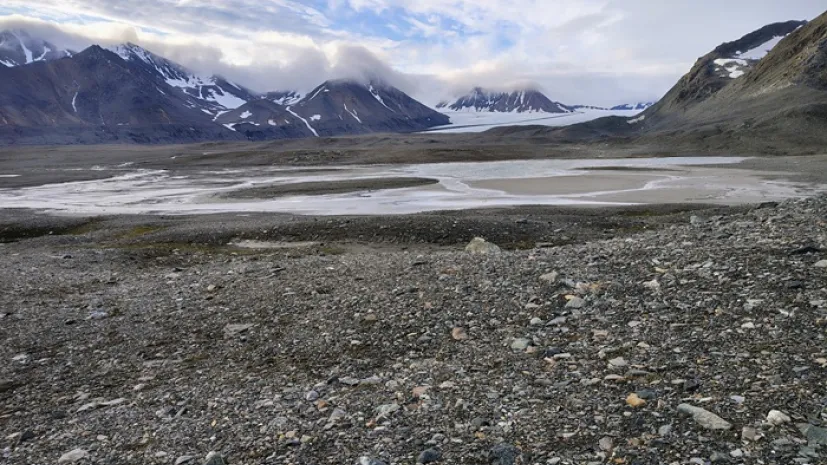
Polish-led study reveals how Arctic glacier feeds nutrients into ocean ecosystems
An international team of scientists, including a researcher from the University of Wrocław, has identified new mechanisms by which the Werenskiold Glacier in the Hornsund region of Spitsbergen supplies nutrients such as iron and silicon to Arctic ecosystems.
-
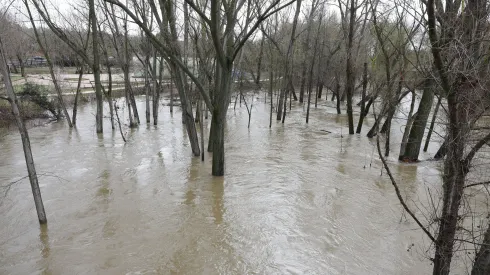
Europe making progress on flood losses, but floods remain inevitable, study finds
Floods cannot be eliminated, but their human and economic toll in Europe has been steadily decreasing over the last several decades, according to a new study analyzing more than 1,700 floods across the continent since the 1950s.
-
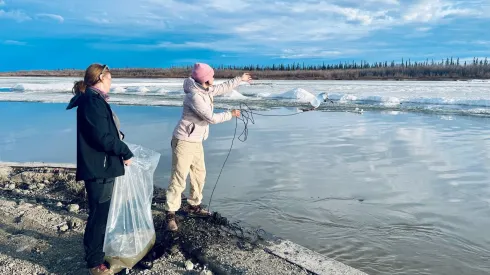
Polish scientists study effects of climate change above Arctic Circle
Polish researchers are studying how climate change is reshaping the Mackenzie River Delta in Canada’s Northwest Territories, more than 300 kilometers above the Arctic Circle.
-
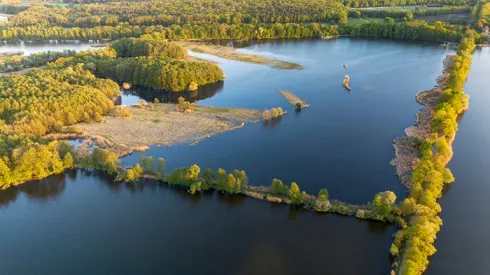
19 Polish lakes and rivers achieve top water quality class
Nineteen rivers and lakes in Poland have met the highest European Union water quality standards, according to a list compiled by the Chief Inspectorate for Environmental Protection (GIOŚ) for the Polish Press Agency (PAP).
-

From gold to radioactive crystals, Poland is home to rare and exotic minerals
Poland is home to dozens of rare and remarkable minerals, from shimmering sapphires and gold to radioactive autunite and toxic arsenopyrite. According to Bartłomiej Kajdas of the Jagiellonian University’s Natural Education Centre, many of these unique geological specimens are found in only a few places in the country - and some are known mainly from century-old reports.
-
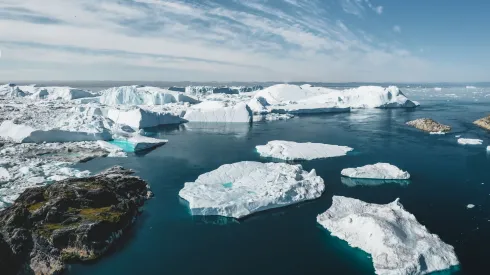
Scientists investigate how climate change affects Arctic water cycle
Average temperatures in the Arctic are rising, especially in the summer; the amount of precipitation is also increasing. Polish scientists working in Svalbard have investigated how warming and the behaviour of permafrost affect the water cycle.
-
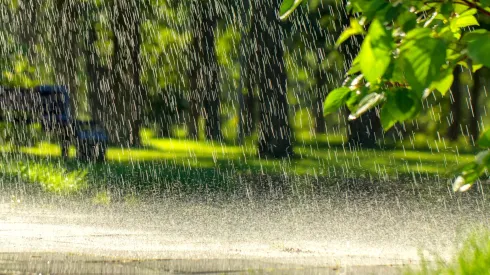
Hydrologist: Heavy rains do not solve drought problem, they actually make it worse
Poland is not threatened with desertification in the coming decades, but we to have the problem of drought. Droughts are more frequent, cover larger areas of the country and are more intense. Heavy rains do not solve the problem; they bring the risk of flooding, they do not end droughts, emphasises ecohydrologist Sebastian Szklarek, PhD.
-

Warsaw physicists' study: Dripping water hollows out a stone and records the climate history
Through slow but constant erosion, water shapes the surface of the earth, carving in soluble rocks. An international team with the participation of Polish researchers found that a record of climate history is preserved in the shapes of vertical channels in limestone rocks, called karstic solution pipes.
-
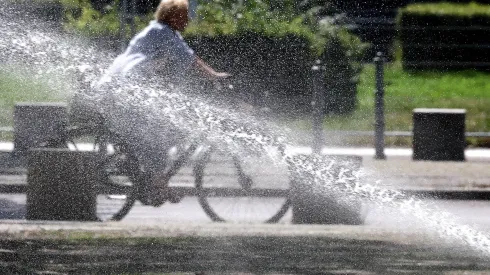
2024 was the warmest year in Europe's history
2024 was the warmest year in Europe's history. Fires affected 42,000 people, and storms and floods affected 413,000, also in Poland, and caused 335 deaths - according to the recently published report on the state of climate in Europe in 2024.
-

Lublin/ Scientists from UMCS developed new method for recovering rare earth elements
Scientists from the Maria Curie-Skłodowska University in Lublin have developed a new method for recovering rare earth elements from nickel-metal hydride batteries. These elements, used in the production of electric cars and laptops, among other things, are crucial for the development of modern industry.













